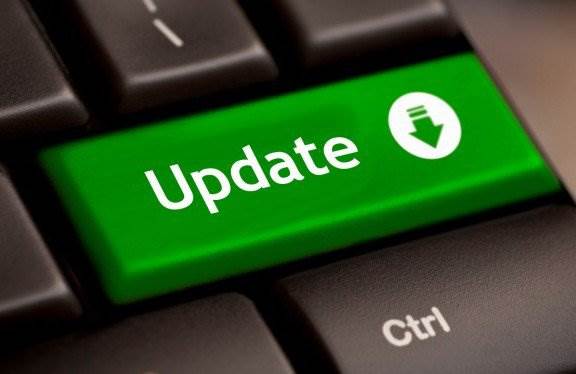Microsoft will start rolling out Windows 7 and 8.1 cumulative updates next month, but fixes for Internet Explorer won’t be included, and they will continue to be released separately.
Nathan Mercer, Microsoft senior product marketing manager, confirmed in the comment section of the original announcement that the firm is currently working on including Internet Explorer patches in cumulative updates for Windows 7 and 8.1, but no specifics are available for the time being.
The so-called monthly rollups will bring computers up-to-date when the latest version is installed in a similar way to the one offered to Windows 10 users with cumulative updates. The bigger difference is that Microsoft is leaving Internet Explorer behind, with the browser to receive individual patches that will also be delivered via Windows Update, but not included in the rollups.
“We are working to get IE included in the monthly rollup and security-only update but do not have a confirmed schedule yet,” Mercer explained. “IE version upgrades will not happen with Monthly rollup, but we plan to eventually include patches for which ever version of IE you currently have installed in the Monthly rollup, similar to the .NET rollup.”
No cumulative updates for Windows Vista
Furthermore, Mercer confirmed that Windows Vista won’t get any cumulative updates as part of this new strategy, with individual patches to continue to be released after the October 11 rollout.
“Although Windows Vista and Windows Server 2008 are also already in Extended Support mode, we continue to consider changes to Vista/2008 but technically there are complications that will make any changes on those platforms more challenging we don’t currently have plans to extend the Rollup servicing model to Windows Vista or Windows Server 2008. We continue to consider changes to Vista/2008 but technically there are complications that will make any changes on those platforms more challenging,” the Microsoft engineer explained.
The advantages of cumulative updates for Windows 7 and 8.1 users are more than obvious, as installing the latest version will always bring a computer up to date, while also making it possible to get or remove all fixes at once from the Settings screen.
The bigger problem, however, is represented by the botched updates, as it’s no secret that Microsoft had a hard time getting Windows 10 cumulative updates right for users across the world.
These CUs often experienced issues during or after installation, with users complaining every single month of problems that either prevented them from installing the update or impacted certain features of the OS after actually installing it.
Thanks for the tip, Jer!







